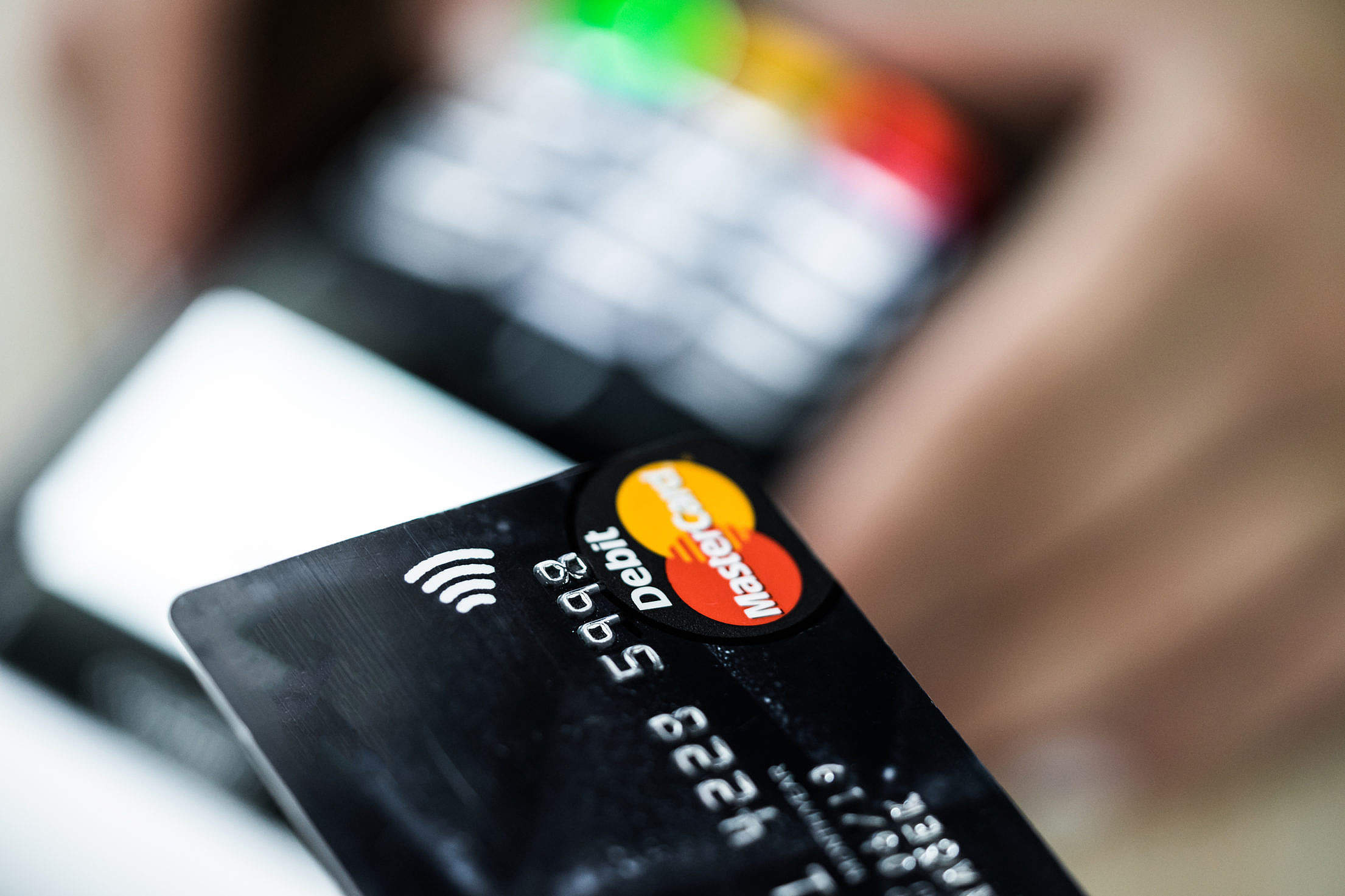Table of Contents
Is FDRXX FDIC Insured?
When it comes to investing, one of the primary concerns for individuals is the safety of their funds. This is especially true for those considering investing in money market funds, such as FDRXX. The Federal Deposit Insurance Corporation (FDIC) plays a crucial role in providing deposit insurance to protect consumers against the loss of their deposits in case of bank failures. However, the question arises: Is FDRXX FDIC insured? In this article, we will explore the nature of money market funds, the role of the FDIC, and whether FDRXX falls under its insurance coverage.
Understanding Money Market Funds
Money market funds are investment vehicles that aim to provide stability and liquidity to investors. They typically invest in short-term debt securities, such as Treasury bills, commercial paper, and certificates of deposit. These funds are designed to maintain a stable net asset value (NAV) of $1 per share, making them an attractive option for individuals seeking a low-risk investment.
Money market funds are regulated by the Securities and Exchange Commission (SEC) under Rule 2a-7 of the Investment Company Act of 1940. This regulation imposes certain restrictions on the types of securities that money market funds can invest in, as well as requirements for diversification and credit quality.
The Role of the FDIC
The FDIC, established in 1933, is an independent agency of the U.S. government that provides deposit insurance to depositors in U.S. banks. The primary purpose of the FDIC is to maintain stability and public confidence in the nation’s banking system. It achieves this by insuring deposits up to $250,000 per depositor, per insured bank.
It is important to note that the FDIC only provides deposit insurance for traditional bank accounts, such as checking accounts, savings accounts, and certificates of deposit. Money market funds, on the other hand, are not considered traditional bank accounts and therefore do not fall under the FDIC’s insurance coverage.
FDRXX and FDIC Insurance
FDRXX, also known as the Fidelity Cash Reserves Fund, is a money market fund offered by Fidelity Investments. As mentioned earlier, money market funds are not FDIC insured. Instead, they are regulated by the SEC and subject to the rules and regulations outlined in Rule 2a-7.
While FDRXX is not FDIC insured, it is important to understand that money market funds, including FDRXX, have historically been considered low-risk investments. They are designed to maintain a stable NAV of $1 per share, and the securities they invest in are typically of high credit quality.
However, it is crucial for investors to recognize that money market funds, including FDRXX, are not risk-free. Although they strive to maintain a stable NAV, there have been instances where money market funds “broke the buck,” meaning their NAV fell below $1 per share. One notable example is the Reserve Primary Fund, which “broke the buck” during the 2008 financial crisis due to its exposure to Lehman Brothers’ debt securities.
FAQs
1. Is FDRXX a safe investment?
FDRXX, like other money market funds, is generally considered a safe investment due to its focus on high-quality, short-term debt securities. However, it is important to remember that no investment is entirely risk-free, and there have been instances where money market funds experienced losses.
2. What happens if a money market fund “breaks the buck”?
If a money market fund “breaks the buck” and its NAV falls below $1 per share, investors may experience losses. However, the SEC has implemented certain measures to mitigate the impact of such events, including the ability for money market funds to impose liquidity fees and redemption gates to prevent a run on the fund.
3. Are there any alternatives to money market funds?
Yes, there are alternative investment options for individuals seeking low-risk investments. These include high-yield savings accounts, certificates of deposit, and Treasury bills. Each option has its own advantages and considerations, so it is important to evaluate them based on your specific financial goals and risk tolerance.
4. Can I lose money in FDRXX?
While the goal of FDRXX is to maintain a stable NAV of $1 per share, there is a possibility of losing money. This is particularly true in the event of a significant market downturn or if the fund’s investments experience credit defaults.
5. How can I assess the risk of a money market fund?
When evaluating the risk of a money market fund, it is important to consider factors such as the credit quality of the fund’s investments, the diversification of its portfolio, and the fund’s historical performance. Additionally, reviewing the fund’s prospectus and consulting with a financial advisor can provide valuable insights into its risk profile.
6. Should I invest in FDRXX?
Deciding whether to invest in FDRXX or any other money market fund depends on your individual financial goals, risk tolerance, and investment preferences. It is advisable to carefully evaluate the fund’s prospectus, consider alternative investment options, and consult with a financial advisor before making any investment decisions.
Summary
In conclusion, FDRXX, like other money market funds, is not FDIC insured. Money market funds are regulated by the SEC and aim to provide stability and liquidity to investors. While FDRXX is generally considered a low-risk investment, it is important to recognize that no investment is entirely risk-free. Investors should carefully evaluate the risk profile of money market funds, consider alternative investment options, and consult with a financial advisor before making investment decisions.
